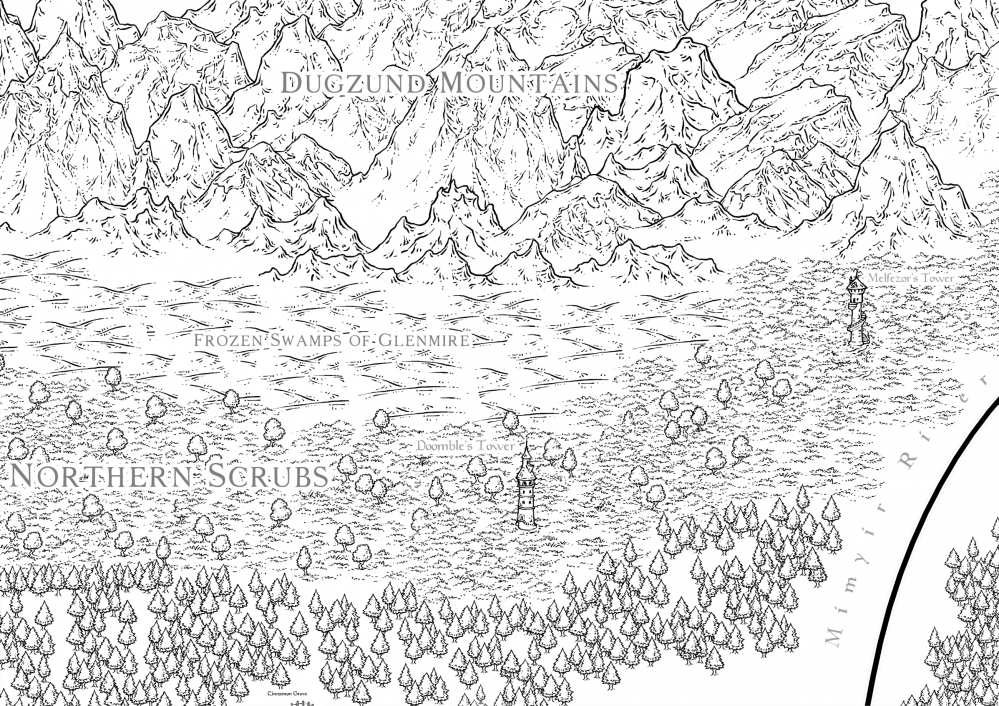
Vigilant RPG
How to Play - Attributes
The 4 Attributes
Body, Mind, Reflex, Will; 2 physical attributes and 2 mental attributes which in themselves represent the different facets of the physical and mental pools of the system. Attributes work the same as in many other RPGs – they have a base value which is used to calculate a number of derived statistics such as carry weight and initiative, and a modifier which applies to actions governed by the attribute. Body is how big and strong a character is, reflex represents nimbleness and agility, mind is intellect and observation, and will is wisdom, judgement, and courage.
Starting scores range between 1 and 13, with a modifier between -2 and +2 (as seen on the page previews below). Modifiers go up or down by one in base score increments of 3 with a +0 being associated with a base score of 6-8. It’s a little awkward in that there is no obvious formula to calculate the derived modifier, but the result produces a small range of working numbers to complement the small ranges in our combat, while still allowing us to implement some interesting mechanics using the base scores themselves. Attribute increases come as a character levels, and are dependent upon their chosen class; Fighters receive more regular attribute increases, while spellcasters receive the fewest, with priests and rogues sitting somewhere in the middle.
The Point of Attributes
Although I strongly believe that attributes are an iconic part of RPGs, I think there still needs to be some significant design justifications for their inclusion within a system, and there should be a balance in their usage and mechanical representation. System-wise Attributes are used within Vigilant to cut down complexity and eliminate areas that would otherwise be filled by additional mechanics or statistics, while still providing some balance knobs and build options that can be accessed by both the players and GM.
‘Saving throws’ – the classic ‘you’re affected by something, succeed on a roll or suffer the bad stuff – are something that I was struggling to implement in earlier versions in a satisfying way. Looking at other systems, 3.5e implemented saving throws as an entirely separate statistic which added to your d20 roll to beat a TN for the respective type of save. This wasn’t exactly confusing, but it added a decent amount of system bloat without adding a whole lot to the game, and Wotc moved away from this design in later versions by tying saving throws directly to attributes. I think there’s some arguments in favor of the ‘roll + associated modifier’ approach in that it maintains consistency across resolution systems (which is nice) but my major gripe is that it fails to substantially engage with the attribute scores, and frankly a lot of d20 systems are guilty of the attribute score being easily replaced with just a raw modifier. My favorite ‘saving throw’ mechanics are those in the various ffg warhammer roleplaying series where attributes are between 1-100 and saving throws are done on a per-attribute basis by rolling under your score to succeed on the save. I think this is super clean, as it makes the exact number of the attribute relevant, while still providing a smaller attribute bonus for use in other areas; it justifies the use of a score and a derived modifier. So Vigilant works in a similar way; saving throws are rolled on xd6 (depending on the difficulty of the save) and if the result is under the associated attribute the save is made. Initially I was experimenting with having the x value of the saving throw being the amount of dice the saving character had spent on actions that round, but that turned out to feel absolutely awful and encouraged characters to play extremely passive anytime there was something around that forced a saving throw.
The other advantage of the split score / modifier system is that the derived bonus can be used for a lot of stuff and serves as an excellent balancing tool. I seriously cannot understate how useful being able to throw a modifier at mechanic is from a design perspective. It serves as an excellent progress gate for powerful stuff, adds further depth to combat, adds layers to skill usage, helps players better define their character, gives an appropriate sense of proportionality, fine-tunes damage numbers or spell durations, and so much more. On a very simian level, we all get some kind of inane pleasure response from making big numbers by adding stuff together, and I think this is justification in itself for some form of bonuses.
Why these four?
I mentioned previously that attributes should be balanced in their mechanical representation. What I mean by that is each individual attribute should have a relatively equal role in gameplay and see a similar amount of use – even if that usage is confined to a (often touched upon) niche. That’s basically the reason there’s only four. I started with more, but could not for the life of me think of enough ways to use them in meaningful ways without either adding way too much system bloat or trivializing other attributes. My goal with attributes was to create a system in which there is no ‘dump stat’ and there was a clear advantage to maxing the hell out of any given attribute that would still lead to satisfying gameplay.
Body modifier is added to melee attack actions and damage, while the base score is added directly to a character’s hit point total. Body seems like the best attribute, but it really only shines in melee combat. Reflex bonus is added to ranged attack rolls and a character’s physical defenses, while the score determines a character’s initiative. Reflex is also used for most physical skills such as acrobatics and stealth, making it the ‘all rounder’ among attributes. Mind is used in more skills than any other attribute, and it’s total directly affects the amount of spells a spellcaster can use in a day. It also determines starting skill ranks and languages. At a glance, mind seems relatively weak but is absolutely essential for any skill-monkey character. Will modifier adds to a character’s mental defense, and its score is the most common saving throw commonly used to overcome fear or possession effects. Will is the most defensive of attributes, with it being effective in mitigating the effects of enemies and ensuring a character is always able to do what they want. It also governs the concentration skill, which affects a whole bunch of other skills and abilities.
As more attributes are added to a system they become either increasingly niche or increasingly complicated in their interactions and identity. I’ve played Rolemaster and I’ve played and GM’d HERO system and I could not tell you what half the attributes in either system do. Most players in my experience pick one or two that sound neat, and ignore all the other ones. On the flip side, if you’re Munchkin-ing out those systems, the builds themselves become so ridiculously obtuse and involve so many complex interactions that no one else at the table understands what you’re doing. From a development perspective it becomes nearly impossible to effectively balance these systems simply because there’s too many moving parts; the more interconnected systems you layer onto a game, the easier it becomes to break the hell out of it for an appropriately dedicated player. So in Vigilant the attribute volume is deliberately kept on the lower end to: a) keep things easier to understand, and b) make it easier to balance.
Initially I started out with 5 attributes; the current 4 plus ‘social’. Social got chopped because I couldn’t find enough things to associate with it mechanically without it feeling unnecessarily pushed and also because I realized that having an attribute govern social interactions restricts players’ abilities to roleplay effectively. The other part was there was some nice mechanical symmetry that came about accidentally by chopping out Social. Vigilant has 4 archetypes within which are a number of individual class trees that a character can freely swap between. The 4 archetypes – fighter, rogue, spellcaster, and priest – each have an attribute associated with them – body, reflex, mind and will respectively. This creates a nice ‘signpost’ when building characters for newer players, but allows those who break the mold with their builds to find spicy niches that go against archetype tropes.
Anyways, that’s about it. Here’s the page previews for Attributes! I’ll probably get into classes next time?

































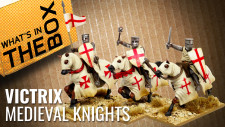







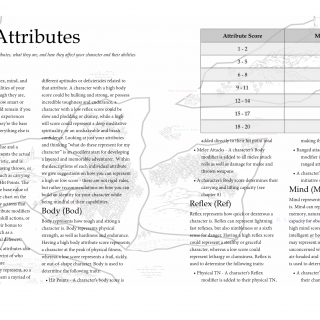
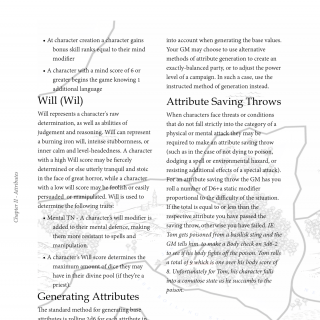

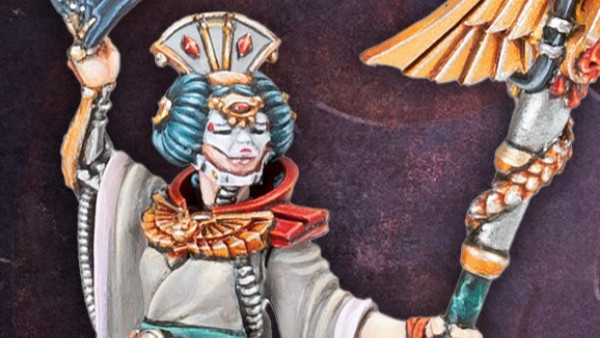

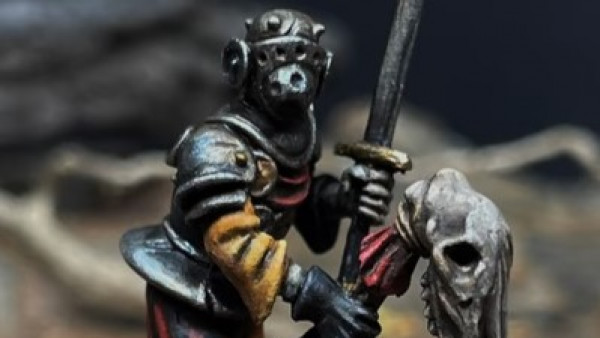








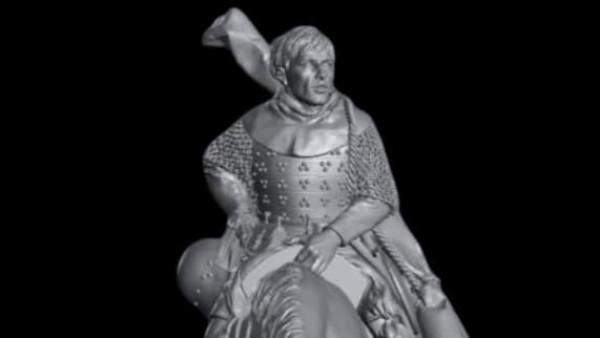
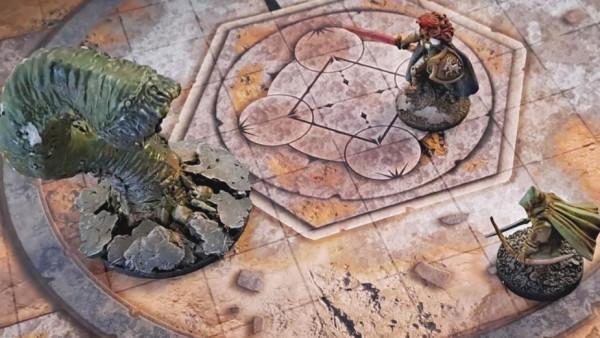
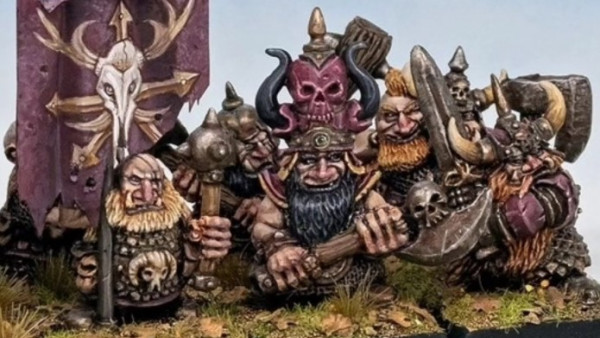


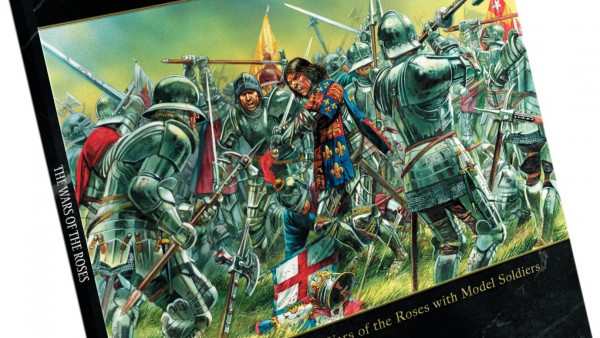

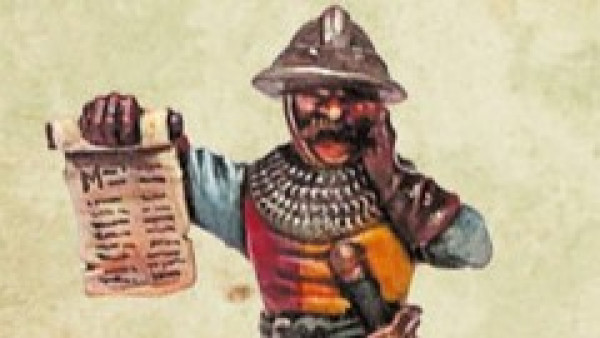
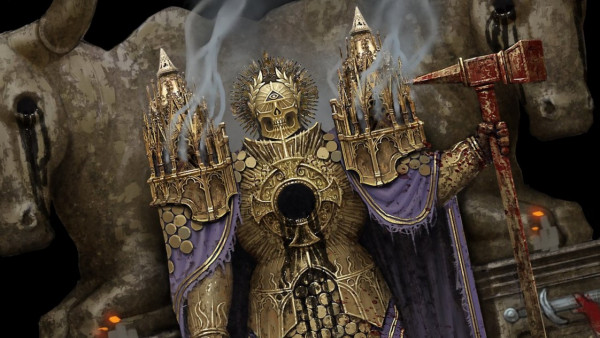
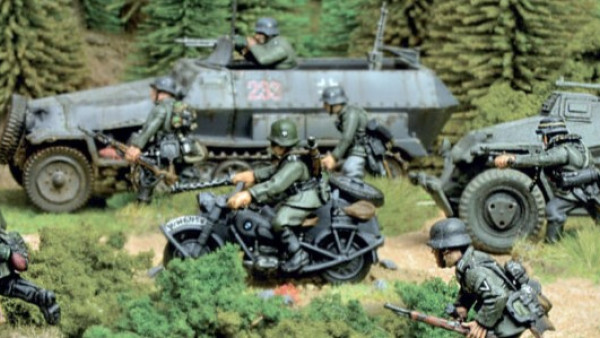

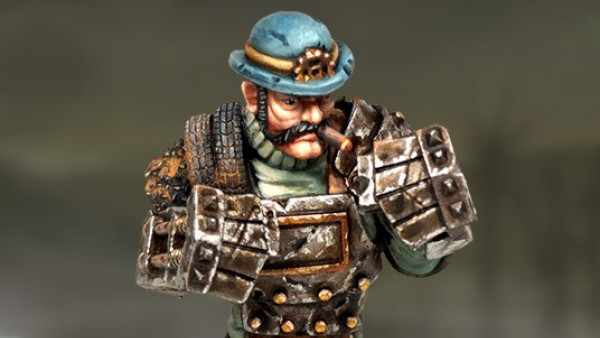
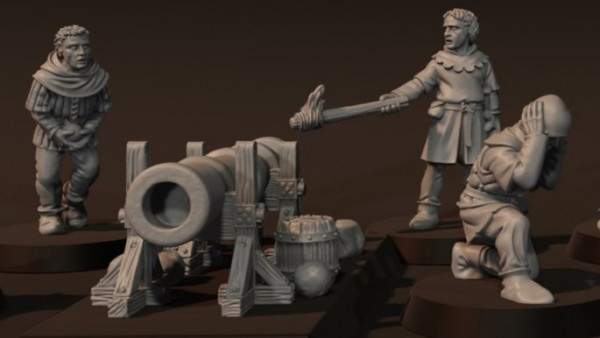

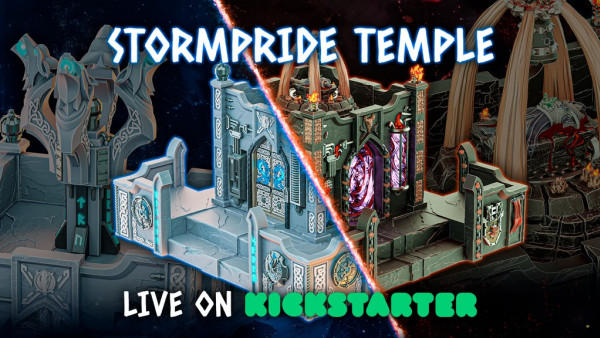
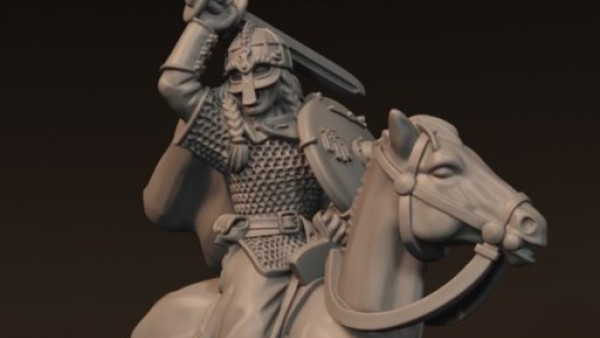
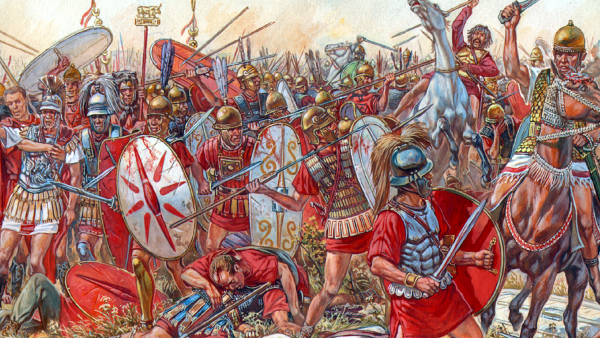

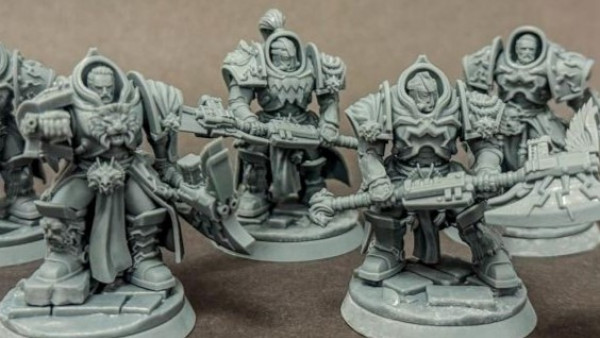
Leave a Reply